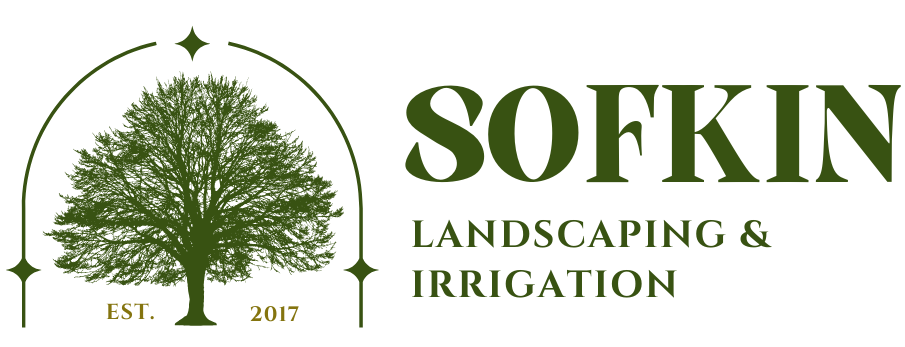Feed the Soil First for Long-Term Health
Cape Cod soils tend to be low in organic matter and quick-draining. Our programs focus on carbon-rich inputs, slow-release nitrogen, kelp/seaweed extracts, and bio-stimulants that increase microbial activity. Healthier soil means stronger roots, better drought tolerance, and fewer weeds over time.
What We Apply (and Why)
Compost & humates – boost CEC and water-holding capacity
Organic nitrogen (feather meal, composted manure) – slow, steady growth
Kelp/seaweed – micronutrients + stress resistance for coastal conditions
Molasses/biostimulants & compost teas – feed beneficial microbes
Minerals & lime as needed after soil testing to correct pH
Seasonal Program Outline
Early Spring: Soil wake-up + microbe feed
Late Spring: Growth push with slow-release
Summer: Stress-shielding kelp and light feeding
Early Fall: Root-building and organic matter
Late Fall: Winterization & biology support
Benefits: Safer for kids and pets, reduced runoff, improved color, fewer disease issues, and longer-lasting results than quick-salt synthetics.
CTA: Schedule a soil test and receive a custom organic plan for your lawn, beds, and vegetable garden.
FAQs
Will organics green up as fast?
Color improves within 1–3 weeks; soil benefits compound each season.
Is this safe near ponds, bays, and shellfish beds?
Yes—properly timed, slow-release organics lower runoff risk.
Do you combine with irrigation tuning?
Yes, watering depth/frequency is part of every plan.



